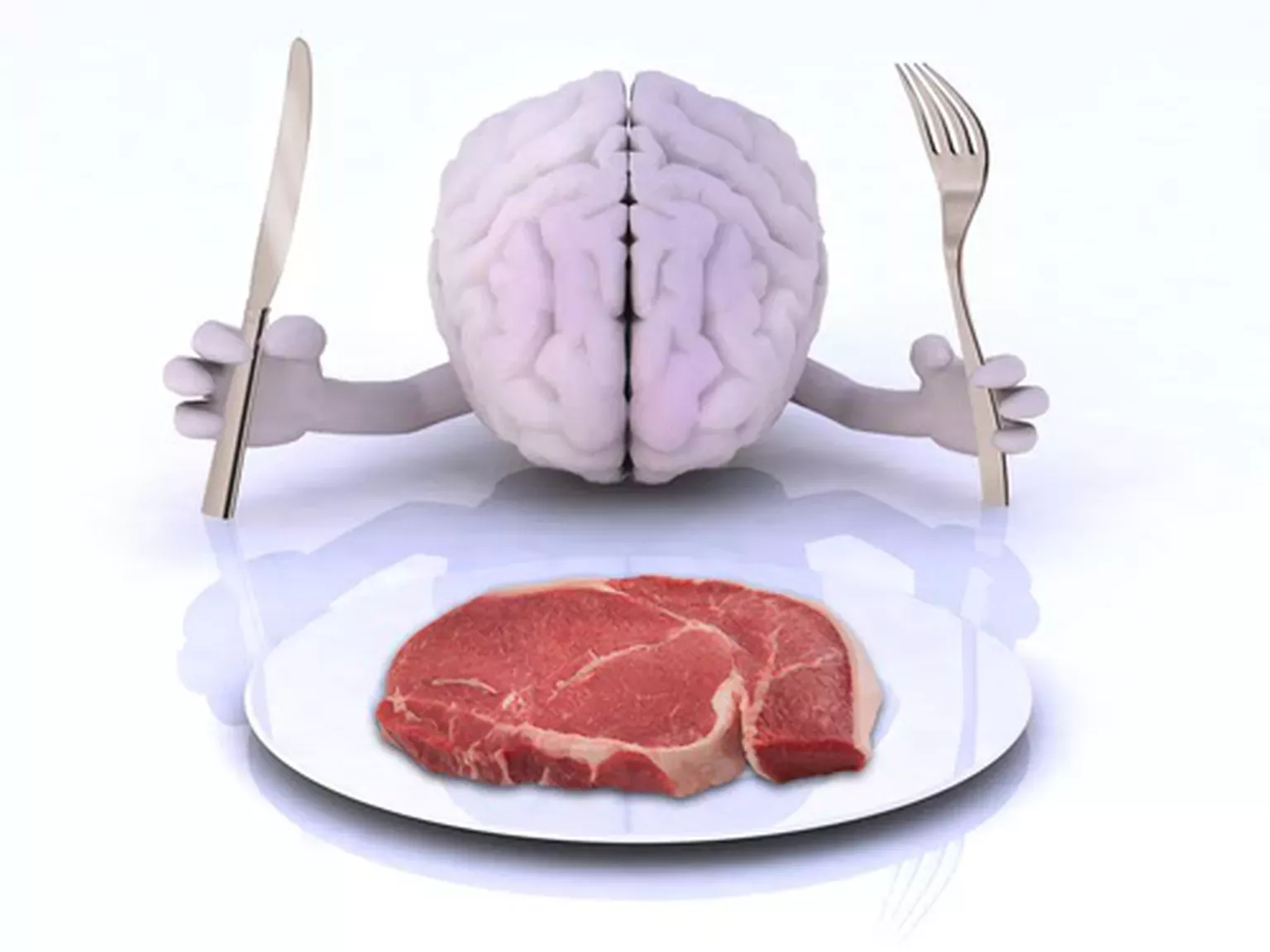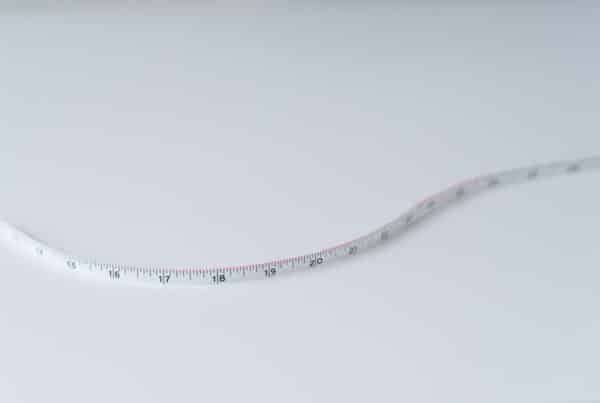As far as food, hunger, and eating go, our daily habits and psychological makeup have a far greater impact on our nutritional decisions than many realize.
As far as food, hunger, and eating go, our daily habits and psychological makeup have a far greater impact on our nutritional decisions than many realize. After reviewing this infographic on how to change your mindset, continue reading as we discuss three surprising facts about the psychology of eating:
3 Surprising Facts About The Psychology Of Eating
-
Sleeping Poorly Makes You Crave Fatty Foods
You know how when you wake up after a crazy all-nighter, the first thing you want to eat in the morning is a greasy breakfast sandwich or a pile of syrup-covered pancakes? It’s long been proven and understood that an unhealthy diet can lead to unhealthy sleeping habits, but science has shown that the reverse can be true as well — believe it or not, lack of sleep can actually make you experience stronger cravings for fatty, unhealthy foods! According to research from the National Institutes of Health, sleep deprivation increases levels of a brain chemical that has similar properties to chemicals found in marijuana, which causes a craving for high-fat foods.
-
Your Perception Affects How Full You Feel
No matter how big or small your lunch truly was, you only feel as full as you believe you are. According to researcher and psychology professor Jeffrey M. Brunstorm, “the memory of our previous meal may have a bigger influence on our appetite than the actual size of the meal.” In other words, if you eat a turkey sandwich two days in a row but don’t realize the second sandwich was slightly smaller, there’s a good chance you will be hungry for dinner around the same time because, in your head, you ate the same size lunch as the day before. This is why mindful eating is key — by simply focusing on what you are eating and tuning out distractions such as social media and television, you can gain a more accurate sense of how much you are eating. Additionally, eating off of a smaller plate may make you feel like you ate more due to the size comparison!
-
Smell Represents 80% Of Flavor
Have you ever pinched your nose while eating something because you didn’t like the taste? Well, there’s some real science to support why that works. Without your sense of smell, you could eat a piece of candy and know that it tastes sweet, but you would have a hard time identifying the exact flavor of the candy. So, why is this important? Because when you understand how significantly our sense of smell affects how we perceive food, you can use that information to your advantage while preparing healthy meals.
Learn More About The Psychology Of Eating
Did these three facts surprise you? Because that’s just scratching the surface of the many layers to the psychology of eating! To learn more about the psychology of eating, contact Vitality Weight Loss Institute today to sign up for our medically-assisted weight loss program, which includes nutrition classes and a psychology of eating course!





